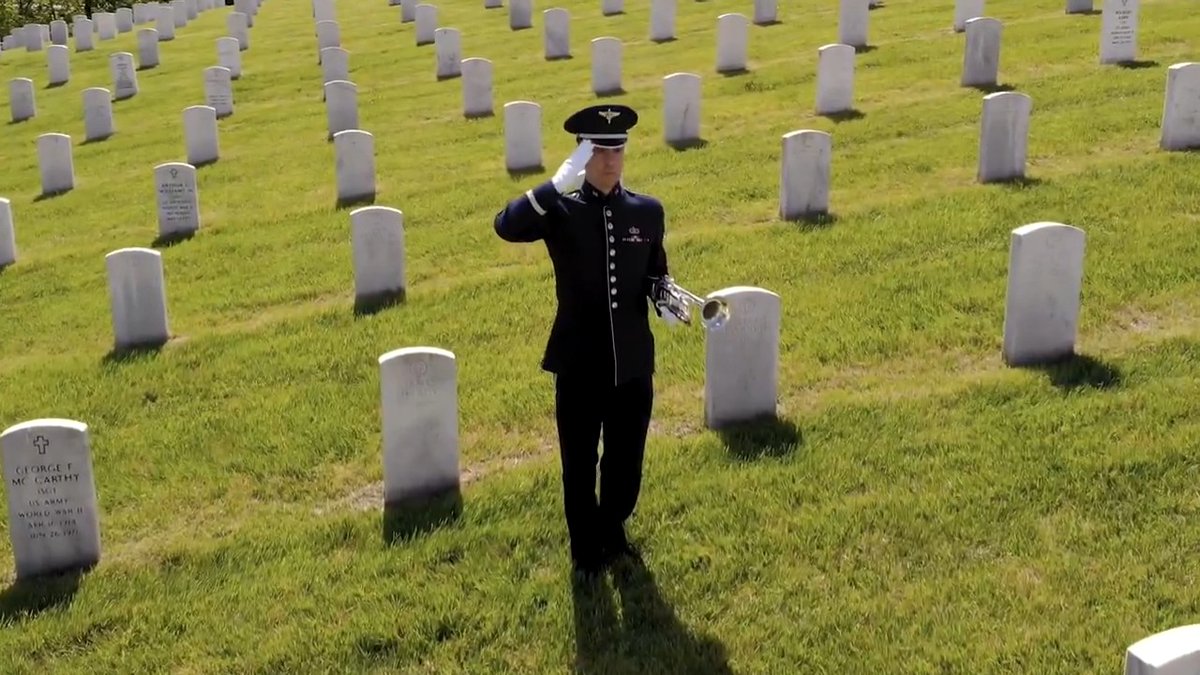
X/@WhiteHouse
The White House commemorated Memorial Day with a solemn tribute to those who died in military service, generating a storm of commentary on social media. Many came into social media to thank the dead, while others questioned what kinds of military engagements were being carried out abroad-a reflection of the deep cleavage among people regarding the historical narrative of the American military or even its current foreign policy paradigm.
Advertisement
The response to the White House post was: “Thank you to everyone who served and gave their lives for our freedom.” With the American flag emoji, it simply reiterated the traditional thoughts almost everyone associates with the day. The time-honored view was quickly assaulted by another who asked, “What does a country on the other side of the world that doesn’t even know you, have to do with your freedom?” These kinds of provocative questions attest to growing skepticism over American military ventures overseas.
The discussion grew heated, with present political figures entering the fray. There was a vociferous support expressed for Trump’s military policies-one saying he was “less internationally aggressive than any of his predecessors in terms of actually committing troops” and that he “reduced our footprint in Ukraine.” Thereafter, sarcastic responses to the claim would fly back, variations on “Gimme me a break. You know how Trump talks,” suggesting that the users did, in fact, consider the defenses to be utterly ridiculous.
Another memorable comment was made, the memory of the late Army Sergeant Titus R. Reynolds, killed in Afghanistan in 2009, who had also been returned. The tribute continued, recalling in broad and touching detail the life of a great neighbor and community organizer, who also played in a church band-who now must contend with lives cut short: “Titus would do anything for you,” a neighbor recalled: What you lose beyond the numbers considered on Memorial Day.”
Some comments resembled disrespect: “Nope, it’s all about how well you grill the meat,” which effectively turns what should be a solemn tribute into an ad for barbecuing. Another was an angry rant about the treatment of the vets: “yall wanna sit here and play in everyone’s face but yall treat the military like poop.” Such unfiltered criticism betrays the anger felt not only regarding honoring that dead, but also concerning the few support living of veterans.
Afterward, the tone shifted toward a more legal approach when a commentator tied military sacrifice to domestic concerns, claiming that members “died defending a country and Constitution that it’s family court judges routinely use for toilet paper.” This unanticipated tie between foreign military service and the domestic judicial system shows how Memorial Day thoughts can take off in some very strange directions.
A Navy vet has the following to say about Memorial Day: “I served in the US Navy for 26 years just so people in the US could continue to enjoy their lives. I was willing to die to defend our Constitution and way of life.” A classic picture of military service stands in stark contrast to many of the more odious views of what Memorial Day signifies.
The White House posting became a lightning rod for a barrage of political grievances, with one going so far as to call the President’s Memorial Day message “the epitome of unhinged-such a disgrace.” Another dismissed these critiques as being infected with a “Liberal mind virus,” incapable of understanding what the real meaning of the day is, revealing just how politicized solemn remembrance has become.
The sundry comments formed a divided nation, well-rooted deep on military history and present. Some see the fallen soldiers as heroes defending freedom; others question the very relevance of their sacrifices. The arguments spilled well beyond foreign affairs and marched into domestic politics, judicial systems, and barbecue traditions. So, Memorial day is not just a day of remembrance; it is also the day that Americans truly begin to reconcile their convoluted relationship with their military, their history, and their identity.
Advertisement
The disparate reactions to the White House posting clearly show how a simple act of remembrance can divide fundamental disagreements about the national identity and purpose. From heartfelt tributes to cynical critiques, from political defenses to personal stories of loss, Americans continue to wrestle with what it actually means to publicly honor those who gave the “last full measure of devotion,” as called by Lincoln. With the peak of polarization today, even Memorial Day is not spared from becoming yet another battlefield for clashing visions of America.

No responses yet